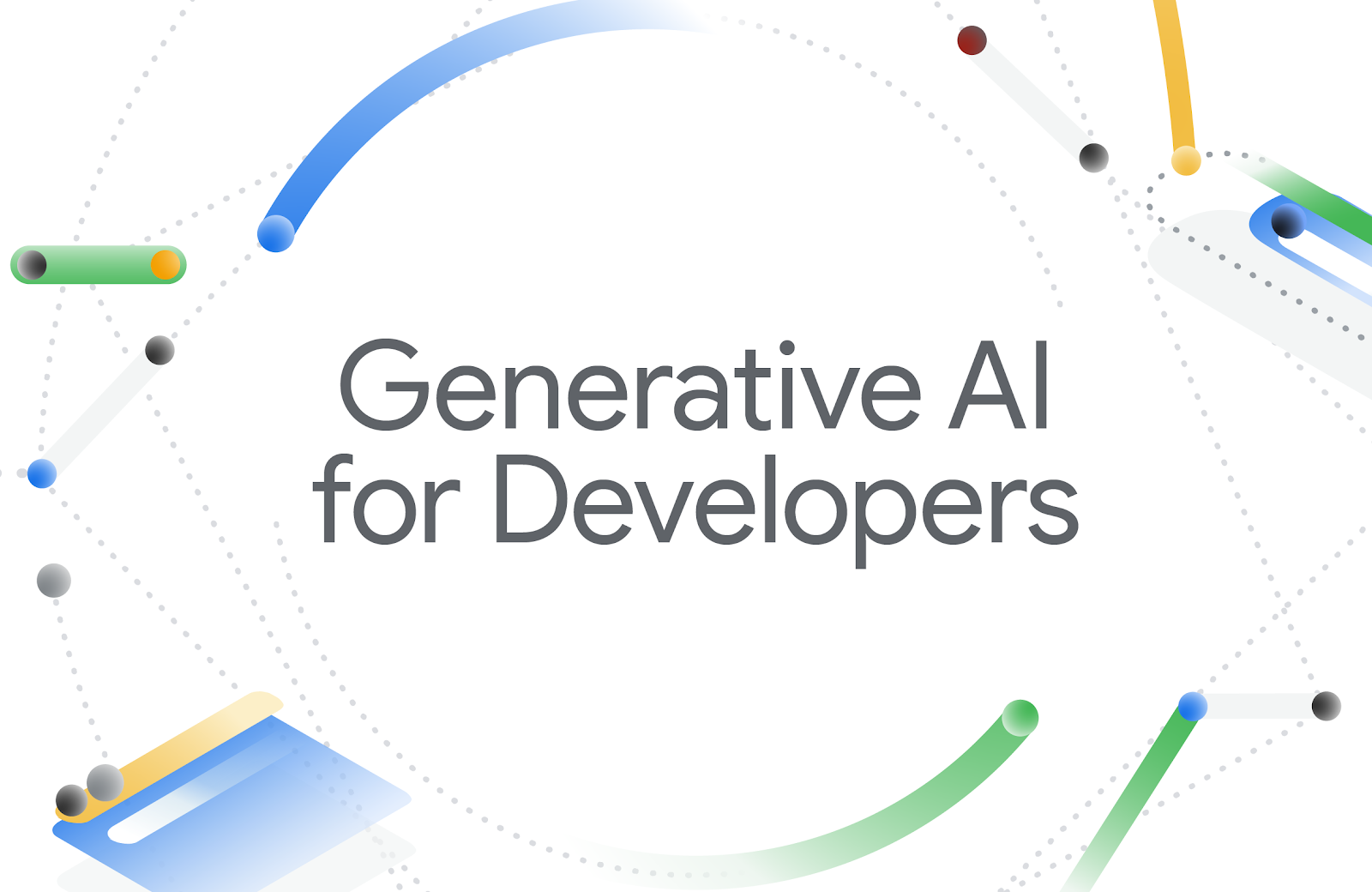Posted by Barnaby James, Director, Engineering, Google Labs and Simon Tokumine, Director, Product Management, Google Labs
At Google I/O, we showed how PaLM 2, our next generation model, is being used to improve products across Google. Today, we’re making PaLM 2 available to developers so you can build your own generative AI applications through the PaLM API and MakerSuite. If you’re a Google Cloud customer, you can also use PaLM API in Vertex AI.
The PaLM API, now powered by PaLM 2
We’ve instruction-tuned PaLM 2 for ease of use by developers, unlocking PaLM 2’s improved reasoning and code generation capabilities and enabling developers to easily use the PaLM API for use cases like content and code generation, dialog agents, summarization, classification, and more using natural language prompting. It’s highly efficient, thanks to its new model architecture improvements, so it can handle complex prompts and instructions which, when combined with our TPU technologies, enable speeds as high as 75+ tokens per second and 8k context windows.
Integrating the PaLM API into the developer ecosystem
Since March, we've been running a private preview with the PaLM API, and it’s been amazing to see how quickly developers have used it in their applications. Here are just a few:
- GameOn Technology has used the chat endpoint to build their next-gen chat experience to bring fans together and summarize live sporting events
- Vercel has been using the text endpoint to build a video title generator
- Wendy’s has used embeddings so customers can place the correct order with their talk-to-menu feature
We’ve also been excited by the response from the developer tools community. Developers want choice in language models, and we're working with a range of partners to be able to access the PaLM API in the common frameworks, tools, and services that you’re using. We’re also making the PaLM API available in Google developer tools, like Firebase and Colab.
 |
The PaLM API and MakerSuite make it fast and easy to use Google’s large language models to build innovative AI applications |
Build powerful prototypes with the PaLM API and MakerSuite
The PaLM API and MakerSuite are now available for public preview. For developers based in the U.S., you can access the documentation and sign up to test your own prototypes at no cost. We showed two demos at Google I/O to give you a sense of how easy it is to get started building generative AI applications.
 |
We demoed Project Tailwind at Google I/O 2023, an AI-first notebook that helps you learn faster using your notes and sources |
Project Tailwind is an AI-first notebook that helps you learn faster by using your personal notes and sources. It’s a prototype that was built with the PaLM API by a core team of five engineers at Google in just a few weeks. You simply import your notes and documents from Google Drive, and it essentially creates a personalized and private AI model grounded in your sources. From there, you can prompt it to learn about anything related to the information you’ve provided it. You can sign up to test it now.
 |
MakerSuite was used to help create the descriptions in I/O FLIP |
I/O FLIP is an AI-designed take on a classic card game where you compete against opposing players with AI-generated cards. We created millions of unique cards for the game using DreamBooth, an AI technique invented in Google Research, and then populated the cards with fun descriptions. To build the descriptions, we used MakerSuite to quickly experiment with different prompts and generate examples. You can play I/O FLIP and sign up for MakerSuite now.
Over the next few months, we’ll keep expanding access to the PaLM API and MakerSuite. Please keep sharing your feedback on the #palm-api channel on the Google Developer Discord. Whether it’s helping generate code, create content, or come up with ideas for your app or website, we want to help you be more productive and creative than ever before.

